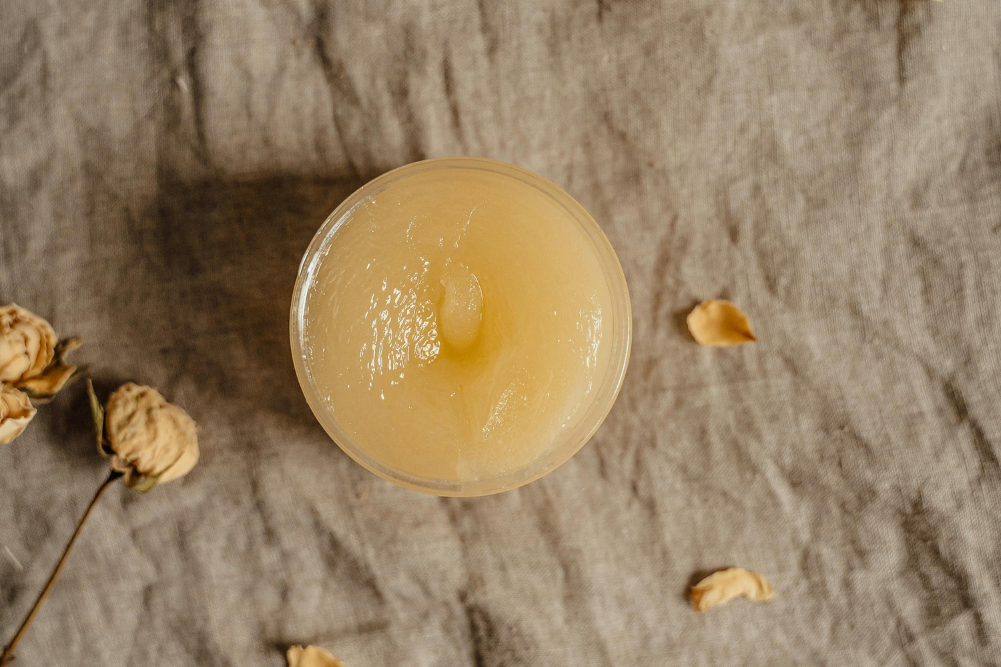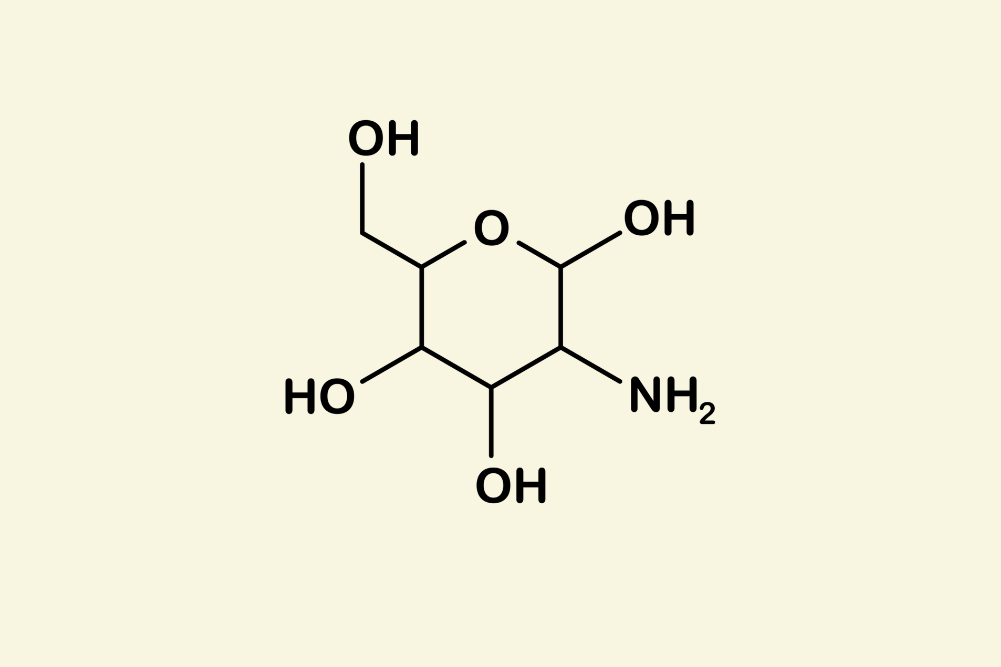How to beat dry skin
There are many ways to help re-hydrate your skin apart from smearing on a moisturiser, and the good news is you don’t have to look further than the kitchen. A recent study done at the University of Naples found that lutein, a plant chemical found in an array of foods including egg yolk and green leafy vegetables, has impressive skin-moisturising benefits when consumed. It increases both skin hydration and skin elasticity as well as levels of superficial lipids — our skin’s own fats and oils that keep the skin soft and supple and lock in moisture. The study revealed this super antioxidant also stops our beneficial skin lipids from oxidising.
So how much lutein do you need? Apparently a 10mg supplement of lutein increased skin hydration by 38 per cent, skin elasticity by 8 per cent and the level of superficial lipids by 33 per cent. Results showed lutein decreased oxidation of those lipids by 55 per cent. How much is that in food terms? A lot of spinach omelettes!
Drinking water or herbal tea, eating wet foods (such as soups and stews) and fruit are other easy ways to keep your skin feeling and looking soft and radiant. Water helps to carry nutrients to skin cells, rejuvenating and purifying the skin’s tissues and making them more metabolically active, thereby enhancing suppleness and elasticity. Drinking water in adequate amounts is necessary to flush toxins out of the body via the excretory system.
With inadequate amounts of water flowing through the body, these toxins can build up and escape through skin pores. This contributes to skin problems such as acne. And if you’re targeting the orange-peel appearance on your thighs, a good body scrub should be secondary to a glass of water or two. Proper hydration helps improve muscle tone and reduces the orange peel appearance on the buttocks and thighs.
Simply put, when cells don’t have enough water, they are weakened and unable to withstand the pressure of the fat fighting its way to the surface of the skin. There is an art to improving the absorption of water into cells, achieved easily by tweaking your water temperature. Drinking warm water is best, room temperature second and cold the least helpful. Adding freshly squeezed lemon juice (or juice generally) into the water aids absorption. Six to eight glasses daily is ample.
Nutritional deficiencies can exacerbate or cause dry, dehydrated skin, making a balanced diet rich in organic fruit and vegetables, vegetable protein, lean meat protein and fish essential for plump, lustrous skin. Both natural, pure mineral water and coconut water (especially from the young green coconut) are rich in electrolytes that help re-hydrate the body and skin, especially after intensive exercise.
Antioxidants also play a role in keeping the skin hydrated and robust. They are found in vibrantly coloured fruits and vegetables as well as nuts, grains and teas and work by mopping up free radicals from pollution and lifestyle factors. By reducing the damage to the skin caused by free radicals, you help prevent problems such as dryness and dehydration as well as premature ageing of the skin. Eating flaxseeds and cold-water fish also aids hydration because essential fatty acids strengthen the cell membrane so the cell can hold water and not leak it. This keeps the skin looking plump and resilient.
While a good diet and adequate fluids are vital for skin hydration, there are other factors involved in dehydrated skin and stress is certainly one of them. Studies show stress robs the skin of lipids that are essential for keeping it hydrated.
Screening what you put on your skin also helps to keep it healthy. The skin’s surface barrier keeps moisture in and protects from allergens and germs that can irritate, infect and dry out the skin. To keep it intact, avoid both harsh detergent cleansers and moisturisers that contain mineral oil — these ingredients only strip the skin of its natural oils and inhibit natural skin repair. Look for vegetable and nut oils in moisturisers. They’re emollient and contain fatty acids, ceramides and linoleic acid to replenish the lipid content in the skin.
Humectants such as glycerin, honey and seaweed extract ensure the skin is kept well-hydrated. They work by binding moisture from the atmosphere onto the skin. Aloe vera also makes a great addition to skincare formulations as it’s rich in polysaccharides — plant sugars that aid hydration.
Apply your moisturiser to wet skin as this also helps to lock in moisture. And, finally, sunscreen is vital to help protect the skin’s barrier system and keep the skin from drying out. Think of a juicy tomato and then what it’s like after being sundried.
Citrus pectin, available at healthfood shops, is a very soothing gel base for face and body masks. Rose is emollient, soothing and hydrating.
Hydration gel mask
- 2 tbsp rosewater
- 1 tbsp aloe vera juice
- ¼ tsp vegetable glycerin
- 1 tsp citrus pectin
Mix the rosewater and vegetable glycerin together. Slowly add the pectin and whisk until a gel consistency forms. Apply to clean skin and leave for 20 minutes. Rinse.







